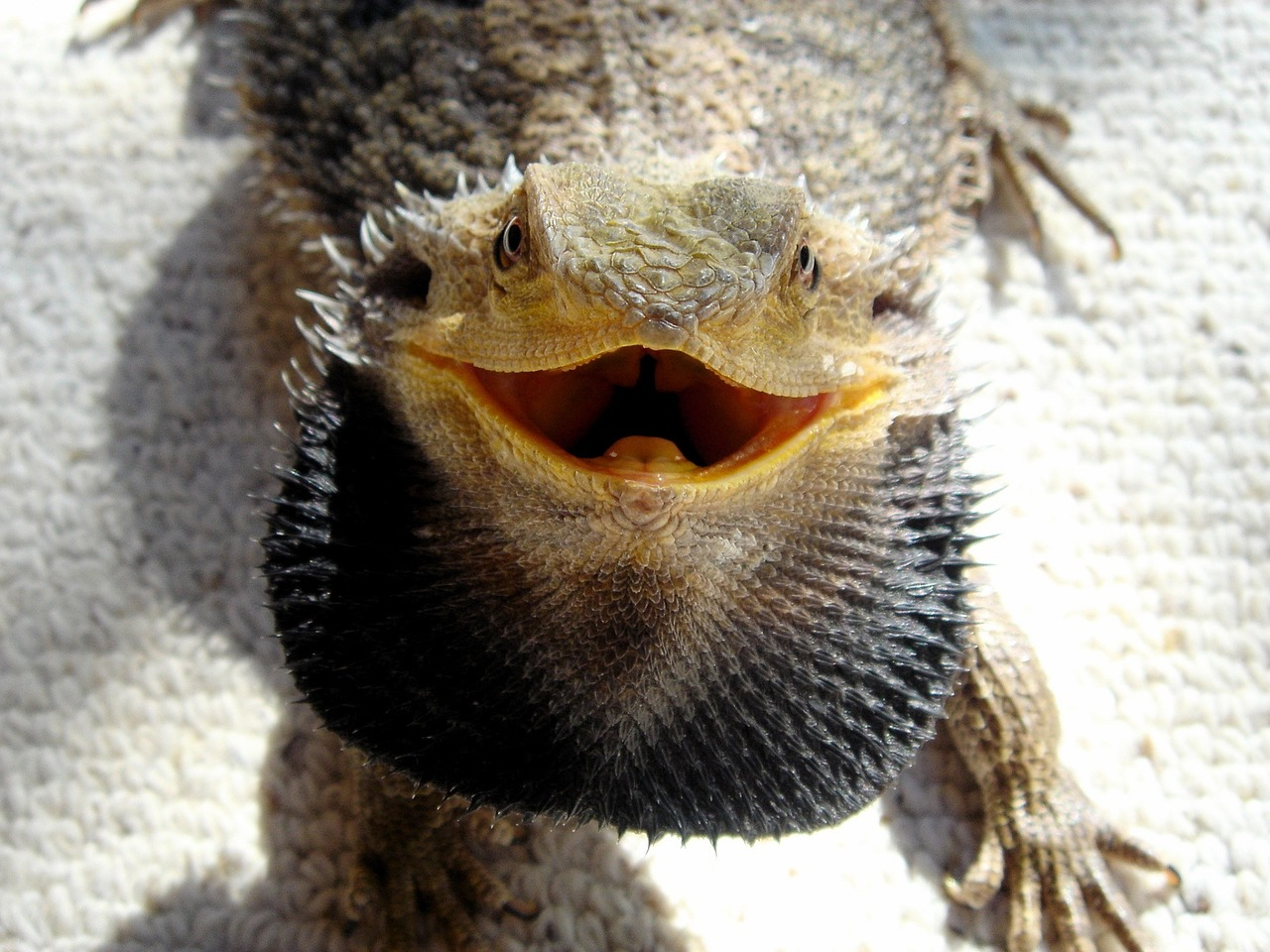
If you’re thinking about getting a pet lizard for you or your child, you may be wondering how safe they are as a pet and whether you should be concerned about bites. The truth is that lizards can bite, and the results can be exacerbated if you don’t take care of the wound through proper hygiene. But do lizards bite their owners for no reason? It may seem to you that the lizard had no reason to bite. In most instances, though, the reptile felt provoked or even scared. Before you jump into owning a pet lizard, take a look at these reasons why your lizard might bite and what you can do to prevent it.
You can prevent lizard bites
Unlike cats and dogs, lizards are not highly domesticated pets. Lizards in captivity act pretty similar to lizards in the wild. That being said, many of them have laidback attitudes that serve them well as pets. Bearded dragons, for instance, are usually fine with being handled and will even eat from your hand. That does not mean, however, that they are trained. Pet lizards still act primarily based on instinct. And that means that if you get bitten, something triggered that behavior.
You’re really good at sneaking up on them
If you startle your lizard by picking it up unexpectedly, the reptile may react by biting. You can easily prevent this from happening by making your presence known and reaching into their tank slowly. Don’t quickly snatch them up. When you’re small enough to be picked up, everyone bigger is a potential predator and can put them on the defensive.
You teased them (perhaps unknowingly)
If you have a pet, like a beardie, that you feed from your hand, they begin to associate the sight of your fingers with food. It makes sense. They see your fingers every time they eat. If you happen to hold your fingers out in front of them without any food, they may lunge forward and take a bite anyway. Hey, you’re the one who showed up without a snack.
You’re slacking with feeding
Another reason your lizard may bite is that it’s really hungry and may be ready to snap at anything remotely food-like that enters its area. You can prevent accidental bites like this by feeding your herp on a regular schedule. If you’ve gone longer than usual between feedings or suspect your lizard is hungry, it’s best not to feed from hand or handle them too much until they’ve eaten.
What to do if you get bitten by your lizard
In most cases, you shouldn’t worry about a wound from a lizard bite. The bite is a lot like getting a cut on your hand. Just take care of it as you would any other open wound, and it will close and heal with time. The most important thing to do is to thoroughly wash and disinfect the wound to protect yourself from any bacteriaor other pathogens that the lizard may be carrying. Failing to keep the area clean could result in an infection that requires medical treatment.
It’s always a good idea to get all your questions answered before committing to pet ownership. The team at The Tye-Dyed Iguana is here to guide you about species-specific requirements. Take a look at our care sheets to get started learning about a particular pet lizard.
